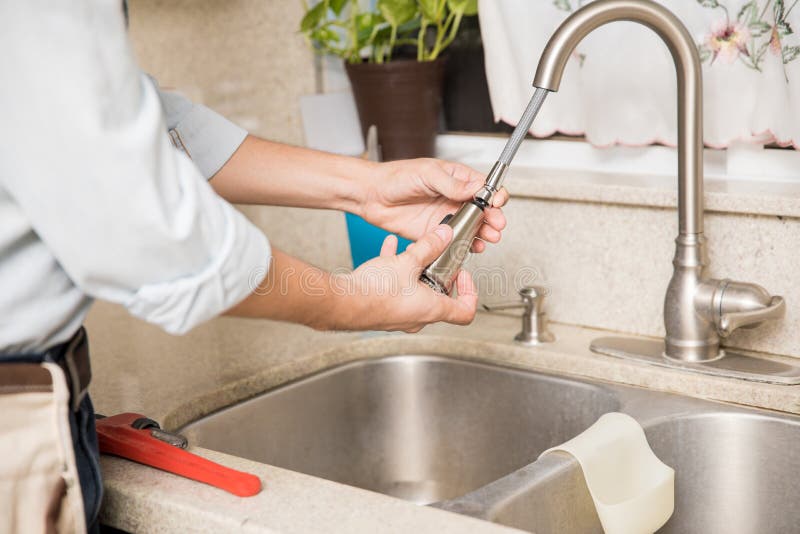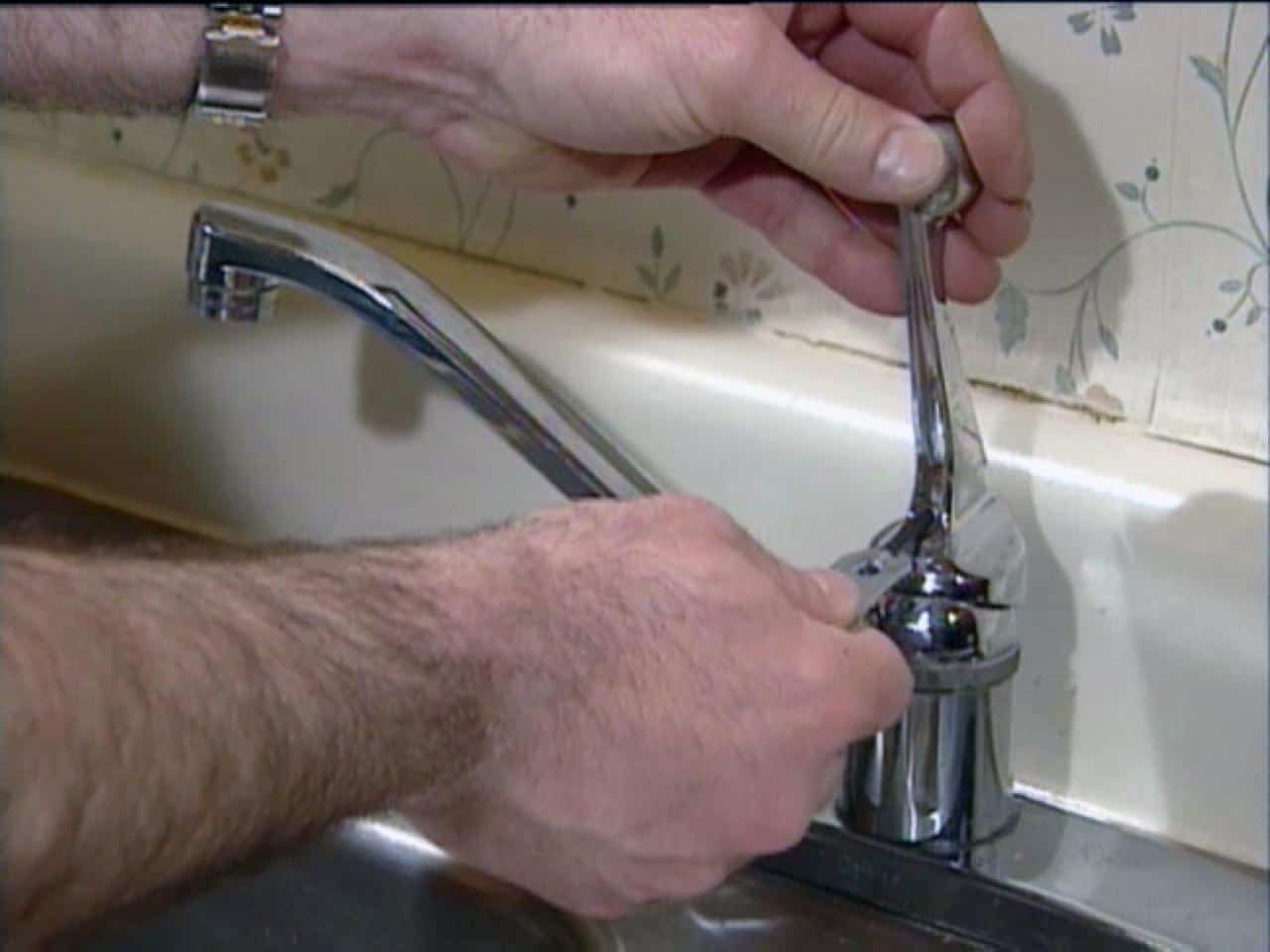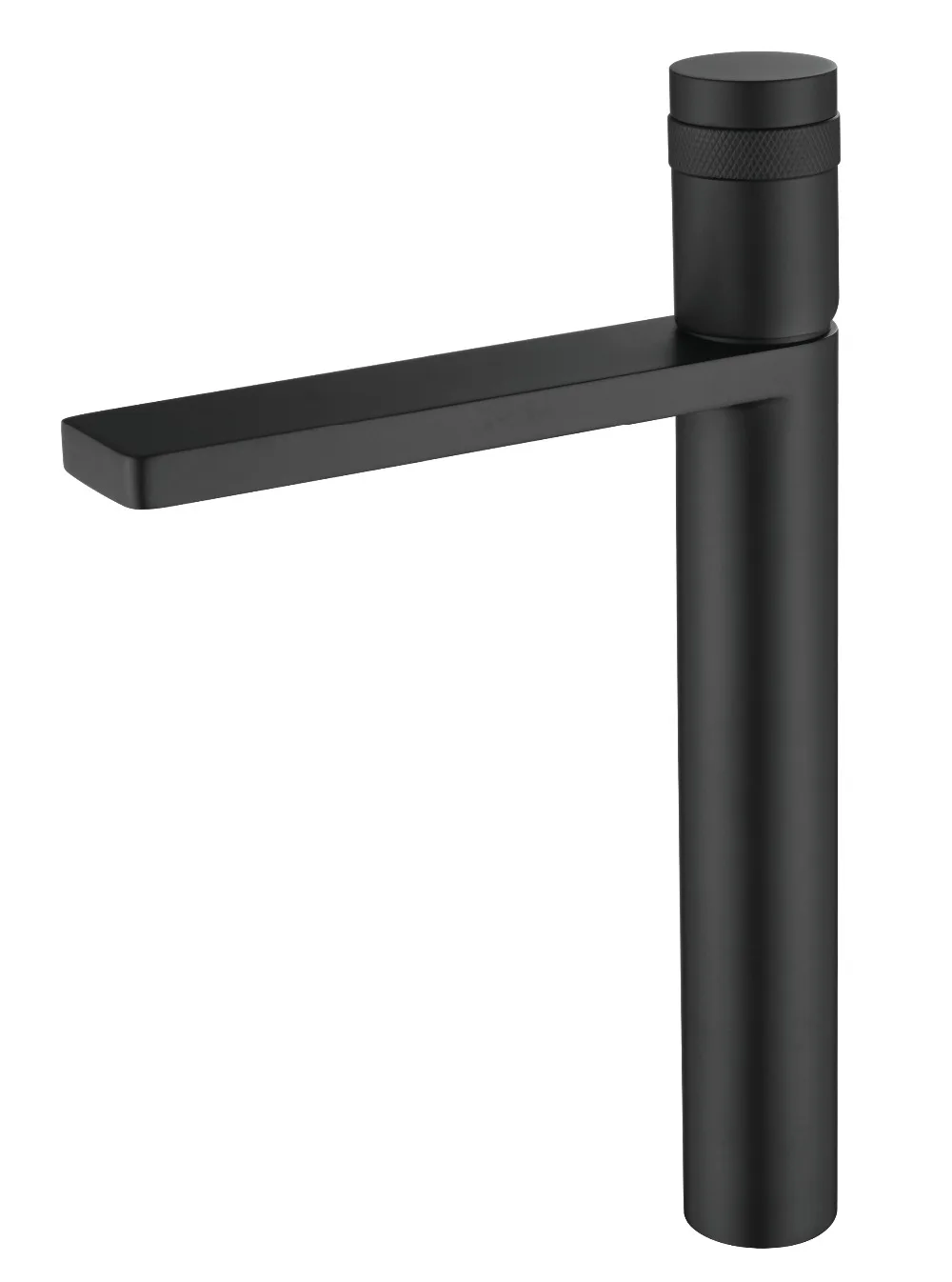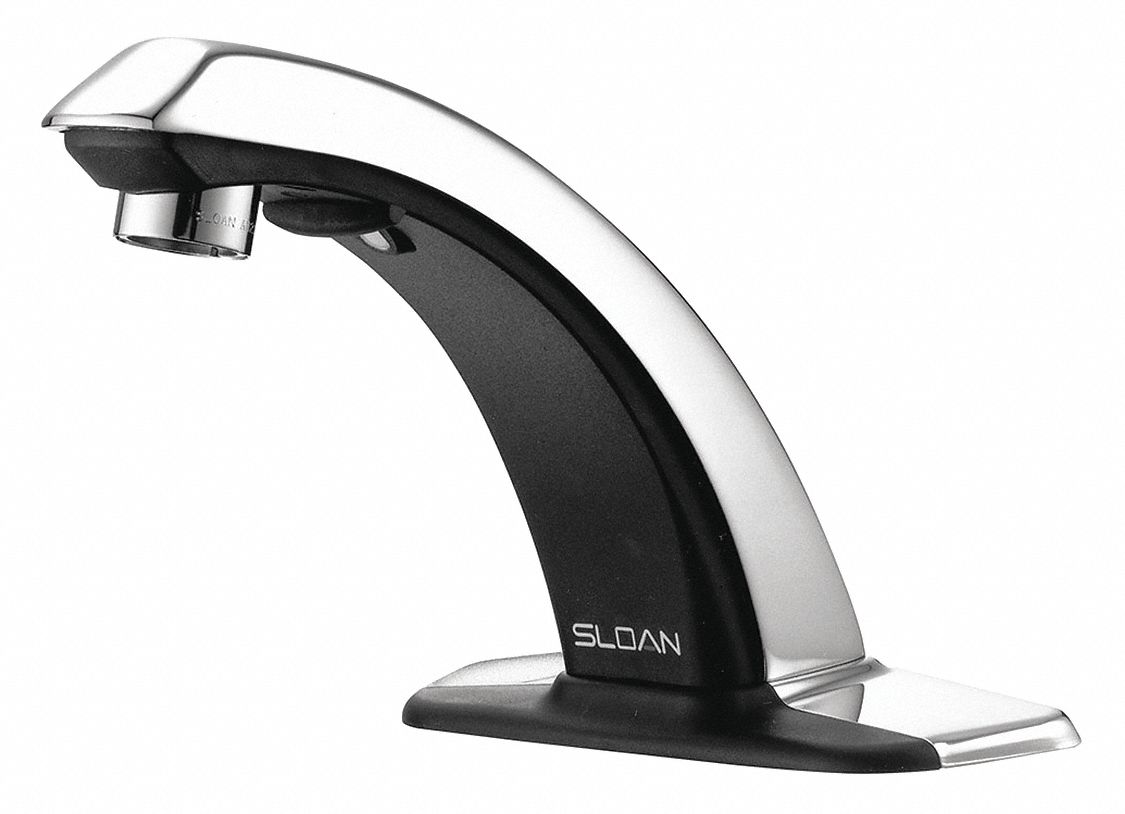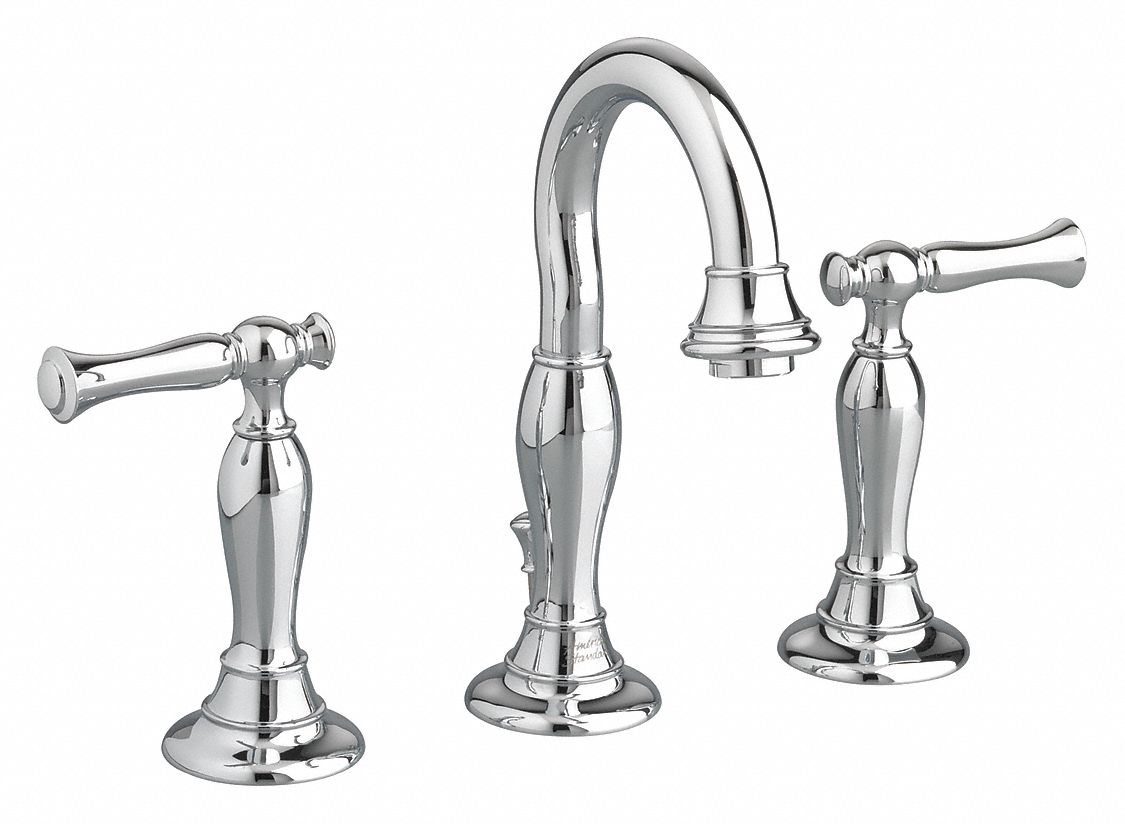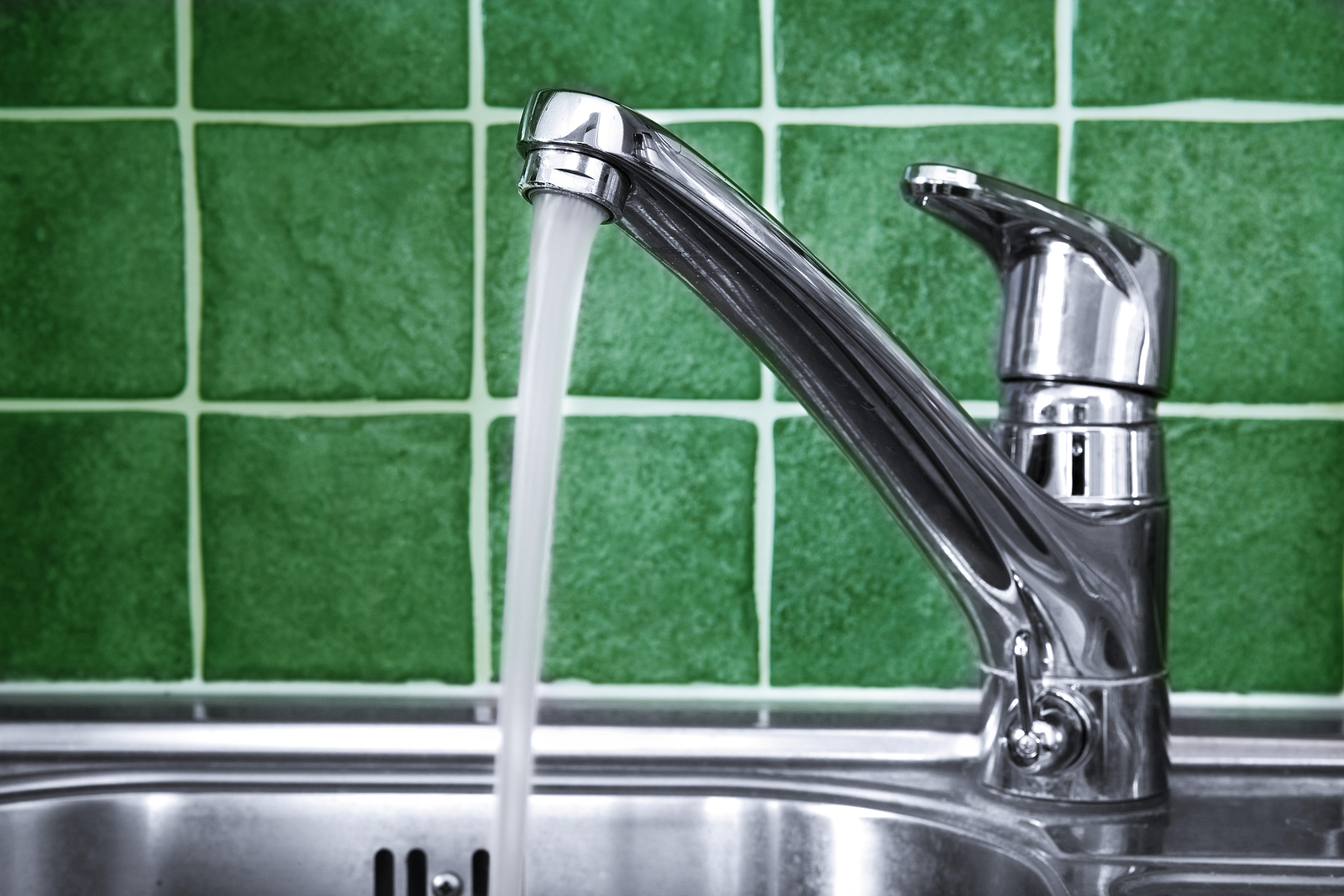"Fixing a Noisy Faucet"
If you've ever been kept awake at night by the constant dripping or squeaking of your bathroom sink water faucet, you know how frustrating it can be. Not only is the sound annoying, but it can also signal a larger issue with your faucet that needs to be addressed. Luckily, there are several steps you can take to fix a noisy faucet and restore peace and quiet to your bathroom.
"How to Quiet a Noisy Faucet"
One of the most common reasons for a noisy faucet is a loose or worn out washer. A washer is a small rubber or plastic disc inside the faucet that helps control the flow of water. If the washer becomes worn or damaged, it can cause the faucet to make a loud noise when turned on or off. To fix this issue, you will need to replace the washer with a new one.
"Troubleshooting a Noisy Faucet"
If replacing the washer does not solve the problem, there may be an issue with the faucet itself. Over time, the internal components of a faucet can become corroded or worn out, causing the faucet to make noise. In this case, it is best to call a professional plumber to assess the issue and make any necessary repairs.
"Silencing a Loud Faucet"
In some cases, a noisy faucet may be caused by a loose or faulty part. This can include a loose handle, worn out valve, or damaged O-ring. To silence a loud faucet, you will need to identify the faulty part and replace it. If you are unsure of how to do this, it is best to consult a plumber for assistance.
"Fixing a Squeaky Faucet"
A squeaky faucet is not only annoying but can also be a sign of a more serious issue. One potential cause of a squeaky faucet is a loose or damaged packing nut. The packing nut is a small hexagonal piece that helps keep the faucet handle in place. If this nut is loose or damaged, it can cause the faucet to make noise. Tightening or replacing the packing nut should solve the problem.
"How to Stop a Faucet from Making Noise"
Another common cause of a noisy faucet is mineral buildup. Over time, minerals from the water can build up on the internal components of a faucet, causing it to make noise. To stop a faucet from making noise due to mineral buildup, you will need to clean the faucet using a solution of equal parts water and white vinegar. This will break down the mineral deposits and restore the faucet to its normal functioning state.
"Silencing a Dripping Faucet"
A dripping faucet is not only annoying but can also waste a significant amount of water and increase your water bill. The most common cause of a dripping faucet is a worn out or damaged cartridge. The cartridge is the part of the faucet that controls the flow of water. To silence a dripping faucet, you will need to replace the cartridge with a new one.
"Fixing a Leaky Faucet"
In addition to causing noise, a leaky faucet can also indicate a larger issue with your plumbing system. A leaky faucet is often caused by a worn out or damaged O-ring, which is a small rubber ring that helps seal the faucet. To fix a leaky faucet, you will need to replace the O-ring with a new one. If the issue persists, it is best to consult a professional plumber.
"How to Repair a Noisy Faucet"
If you are experiencing a loud noise coming from your faucet, it is important to take action to repair it as soon as possible. Ignoring a noisy faucet can lead to further damage and potentially more costly repairs down the line. By identifying the cause of the noise and taking the appropriate steps to fix it, you can repair a noisy faucet and prevent any further issues.
"Silencing a Noisy Bathroom Sink Faucet"
In conclusion, a noisy bathroom sink water faucet is not only irritating but can also be a sign of a larger problem. By following these troubleshooting steps and making any necessary repairs, you can silence a noisy faucet and restore peace and quiet to your bathroom. However, if the issue persists or you are unsure of how to fix it, do not hesitate to call a professional plumber for assistance. Remember, a quiet faucet is a happy faucet.
Why is My Bathroom Sink Water Faucet Making a Loud Noise?

Possible Causes of a Noisy Bathroom Sink Water Faucet
 Aside from being an essential part of our daily routine, our bathroom sink water faucets also play a significant role in the overall design of our house. They come in various styles and finishes, adding a touch of elegance and functionality to our bathrooms. However, when they start making loud noises, it can be quite alarming and disruptive.
There are several reasons why your bathroom sink water faucet may be making a loud noise. One possible cause is a loose or damaged part within the faucet itself. Over time, the constant use and water flow can cause wear and tear, leading to loose or broken components. This can result in vibrating or rattling noises when the water is turned on.
Another possible cause is the buildup of mineral deposits or debris in the faucet aerator. These particles can restrict water flow and cause turbulence, resulting in a noisy faucet. This is especially common in areas with hard water, where mineral deposits can accumulate quickly.
Aside from being an essential part of our daily routine, our bathroom sink water faucets also play a significant role in the overall design of our house. They come in various styles and finishes, adding a touch of elegance and functionality to our bathrooms. However, when they start making loud noises, it can be quite alarming and disruptive.
There are several reasons why your bathroom sink water faucet may be making a loud noise. One possible cause is a loose or damaged part within the faucet itself. Over time, the constant use and water flow can cause wear and tear, leading to loose or broken components. This can result in vibrating or rattling noises when the water is turned on.
Another possible cause is the buildup of mineral deposits or debris in the faucet aerator. These particles can restrict water flow and cause turbulence, resulting in a noisy faucet. This is especially common in areas with hard water, where mineral deposits can accumulate quickly.
How to Fix a Noisy Bathroom Sink Water Faucet
 If you're dealing with a noisy bathroom sink water faucet, don't worry. There are a few simple steps you can take to fix the problem. First, check for any loose or damaged parts within the faucet. If you notice anything, tighten or replace the part accordingly.
If the issue is caused by mineral deposits or debris, you can easily clean the aerator using a simple household item – vinegar. Soak the aerator in a mixture of equal parts vinegar and water for about an hour, then scrub it with an old toothbrush to remove any buildup. Rinse it thoroughly and reattach it to the faucet.
If the noise persists, it could be a sign of a more serious issue with your plumbing system. In this case, it's best to call a professional plumber to inspect and fix the problem.
If you're dealing with a noisy bathroom sink water faucet, don't worry. There are a few simple steps you can take to fix the problem. First, check for any loose or damaged parts within the faucet. If you notice anything, tighten or replace the part accordingly.
If the issue is caused by mineral deposits or debris, you can easily clean the aerator using a simple household item – vinegar. Soak the aerator in a mixture of equal parts vinegar and water for about an hour, then scrub it with an old toothbrush to remove any buildup. Rinse it thoroughly and reattach it to the faucet.
If the noise persists, it could be a sign of a more serious issue with your plumbing system. In this case, it's best to call a professional plumber to inspect and fix the problem.
Preventing Noisy Bathroom Sink Water Faucets
 Prevention is always better than a cure, and the same applies to noisy bathroom sink water faucets. Regular maintenance and cleaning can help prevent mineral buildup and prolong the lifespan of your faucet. Using a water softener can also help reduce the amount of mineral deposits in your water, preventing future faucet problems.
In addition, investing in high-quality faucets can also make a difference. Look for models with ceramic disc valves, which are more durable and less prone to wear and tear. They also have a smooth operation, reducing the chances of noisy faucets.
In conclusion, a noisy bathroom sink water faucet can be a nuisance, but it's a problem that can be easily fixed. By identifying the cause and taking preventive measures, you can ensure that your bathroom sink water faucet remains in good working condition for years to come. Remember to always seek professional help if the issue persists or if you're unsure about how to fix it yourself.
Prevention is always better than a cure, and the same applies to noisy bathroom sink water faucets. Regular maintenance and cleaning can help prevent mineral buildup and prolong the lifespan of your faucet. Using a water softener can also help reduce the amount of mineral deposits in your water, preventing future faucet problems.
In addition, investing in high-quality faucets can also make a difference. Look for models with ceramic disc valves, which are more durable and less prone to wear and tear. They also have a smooth operation, reducing the chances of noisy faucets.
In conclusion, a noisy bathroom sink water faucet can be a nuisance, but it's a problem that can be easily fixed. By identifying the cause and taking preventive measures, you can ensure that your bathroom sink water faucet remains in good working condition for years to come. Remember to always seek professional help if the issue persists or if you're unsure about how to fix it yourself.

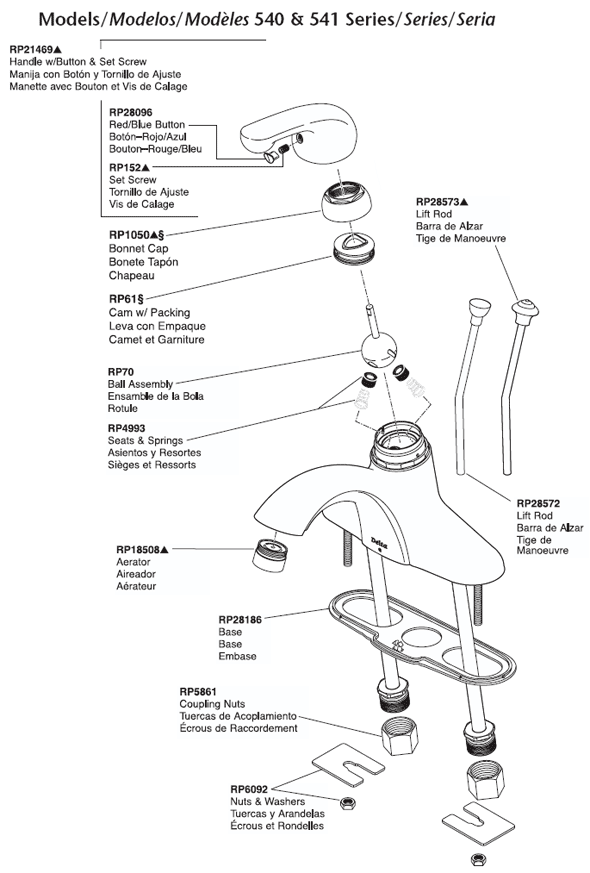
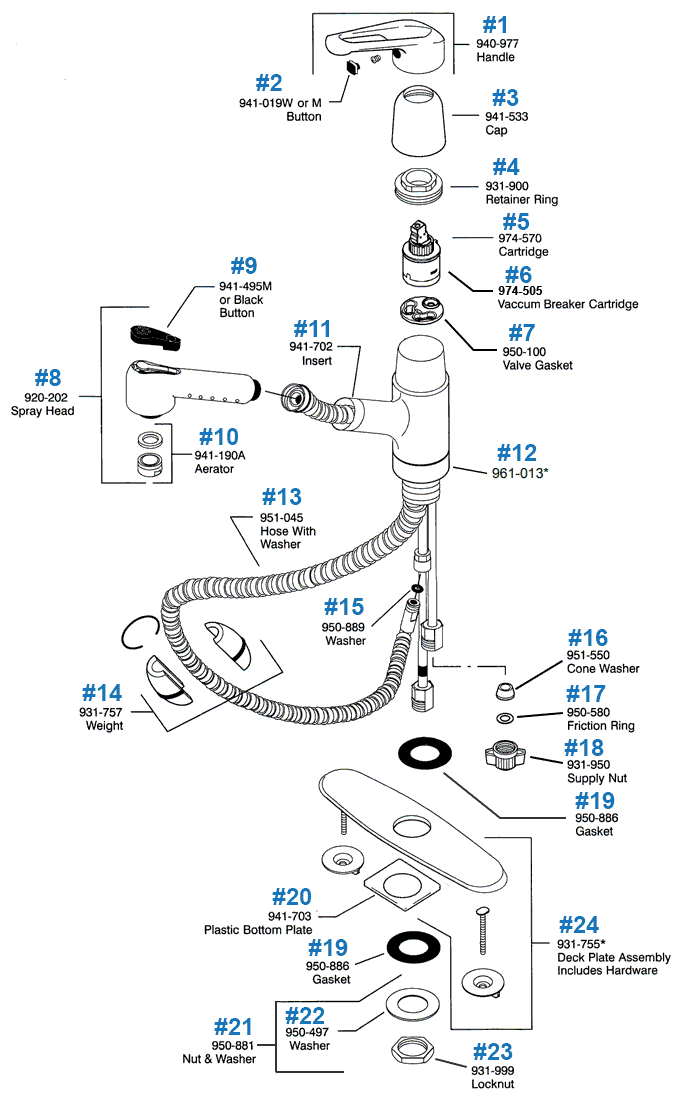



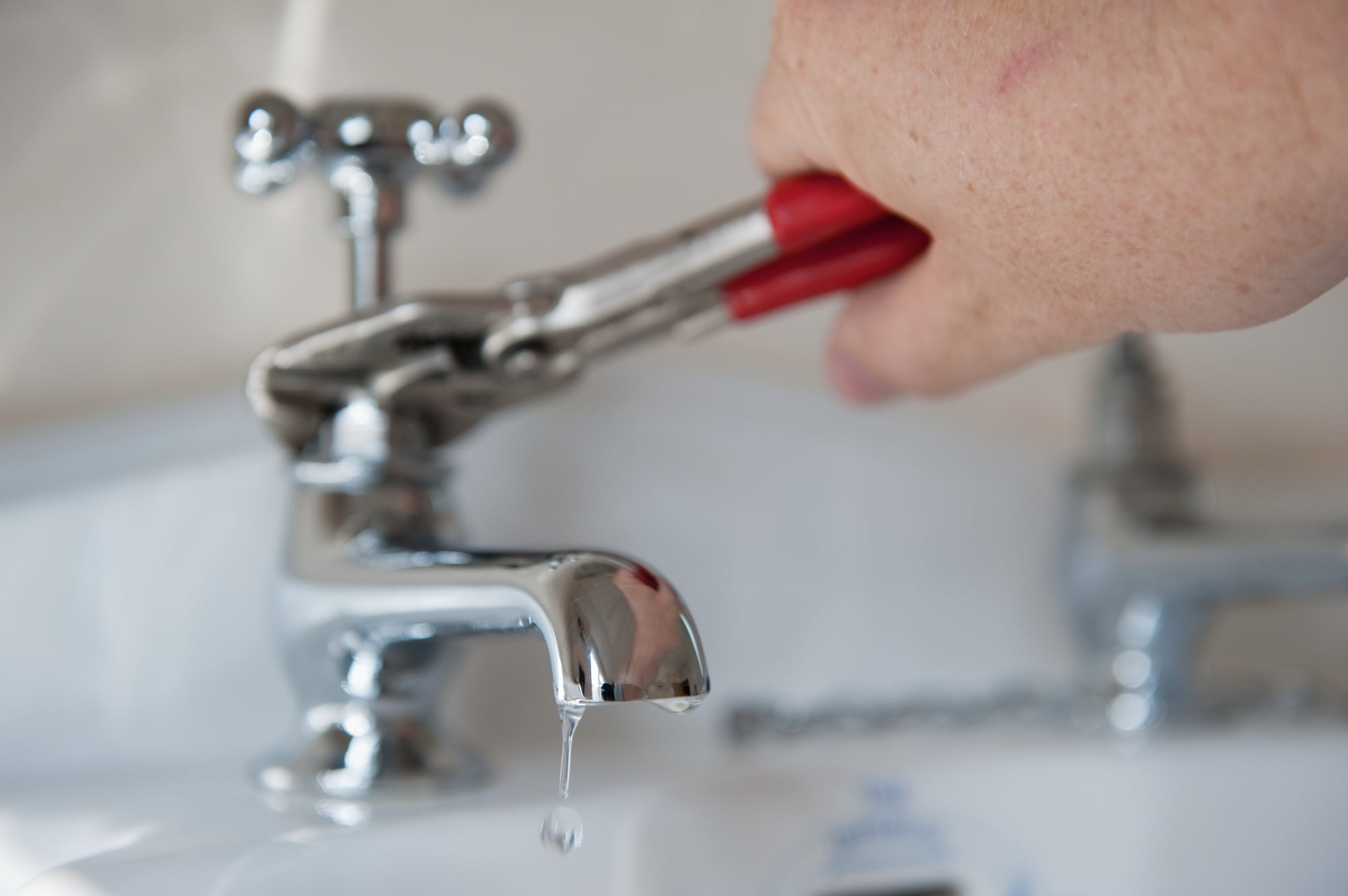
















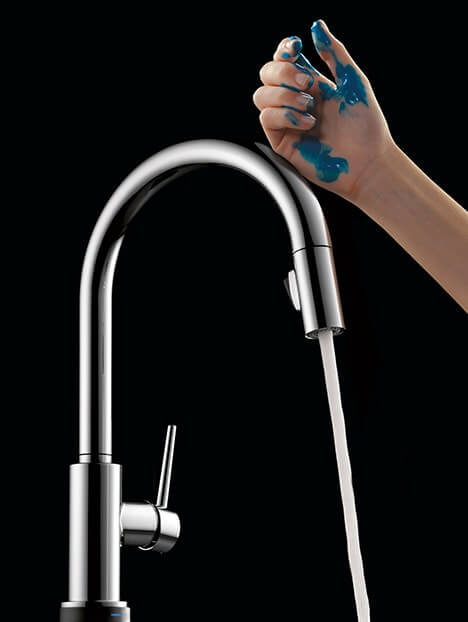

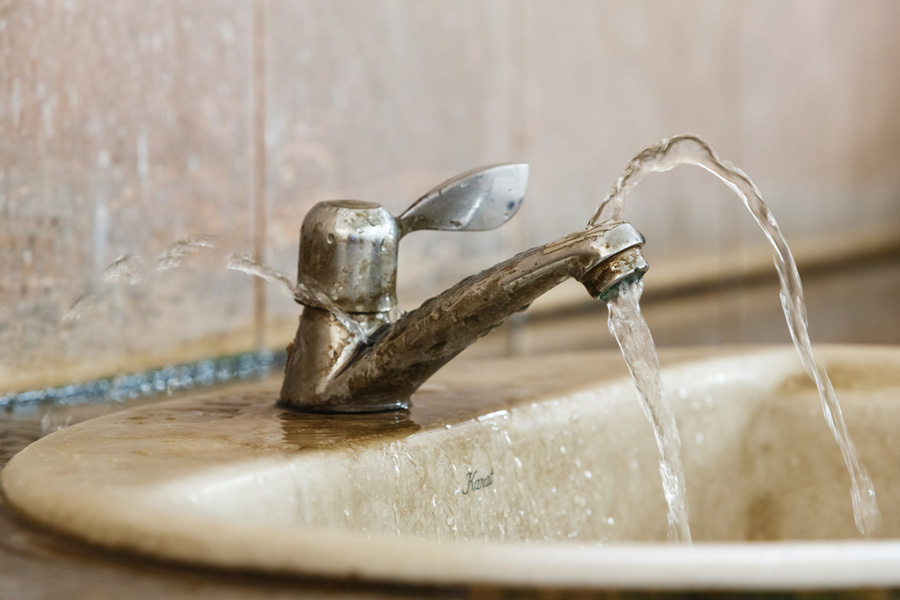










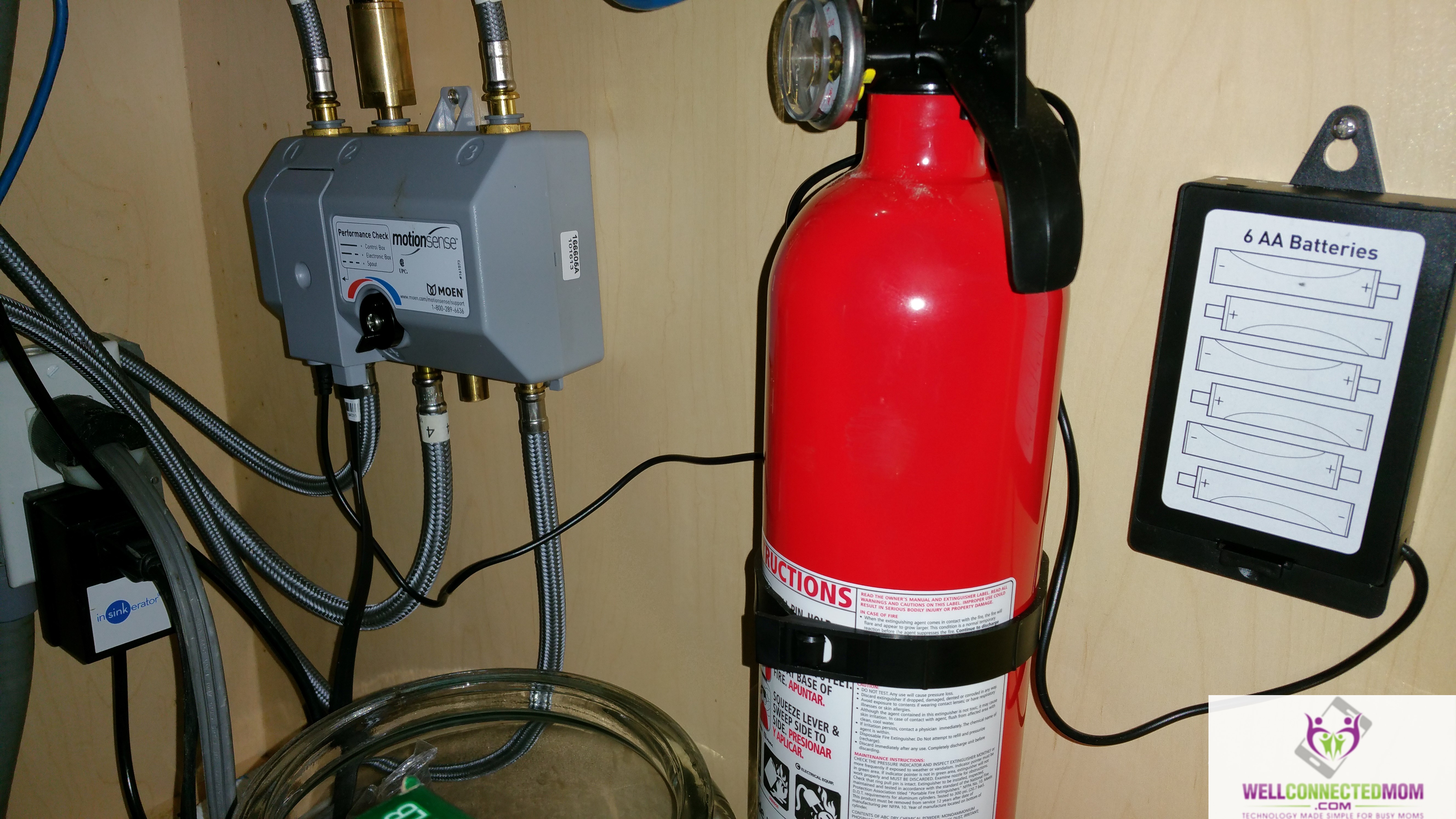






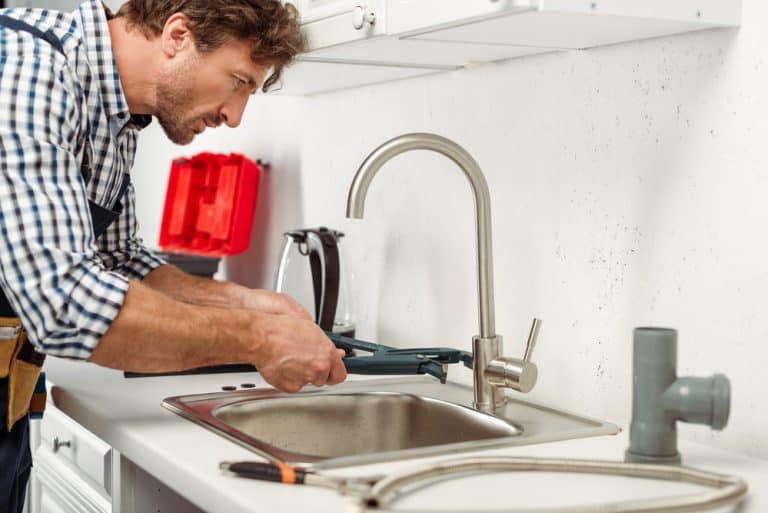



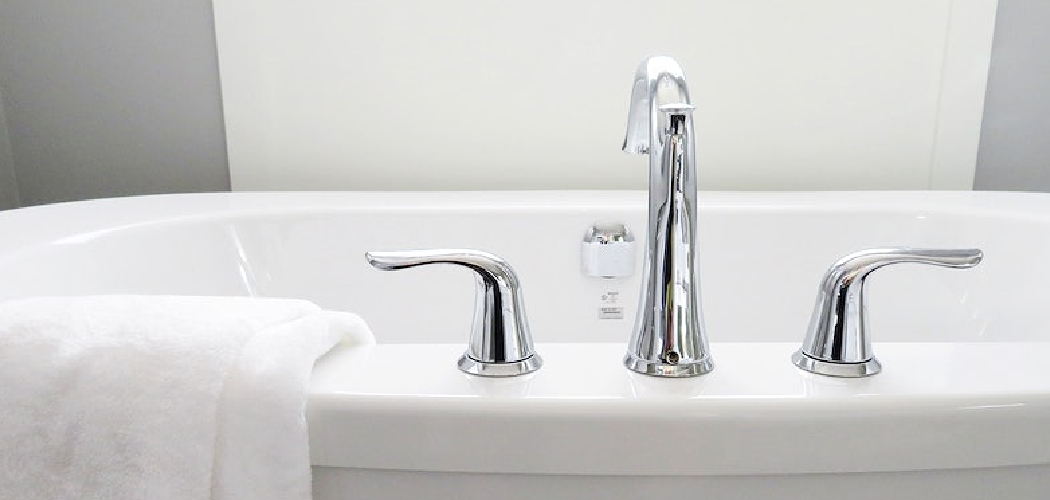




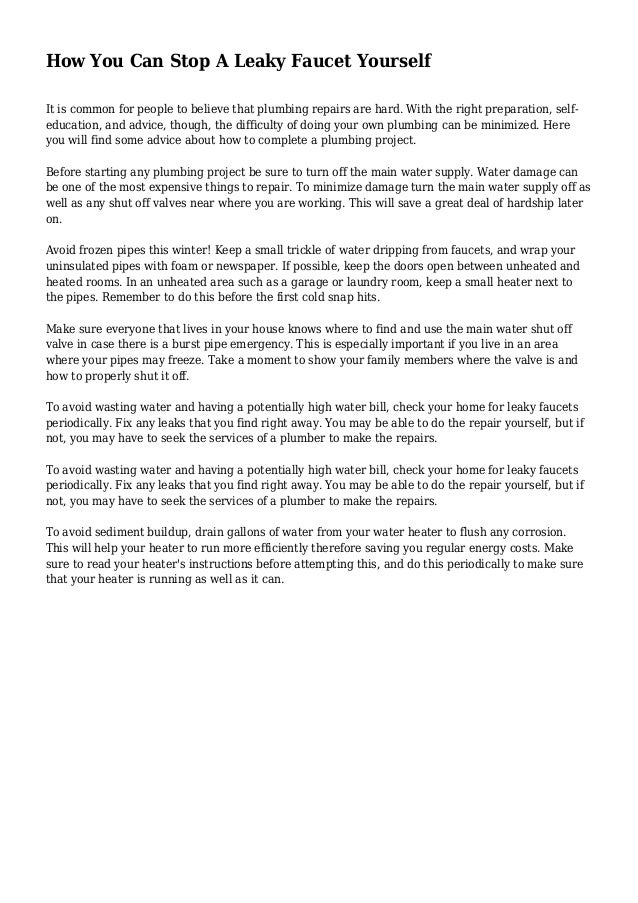
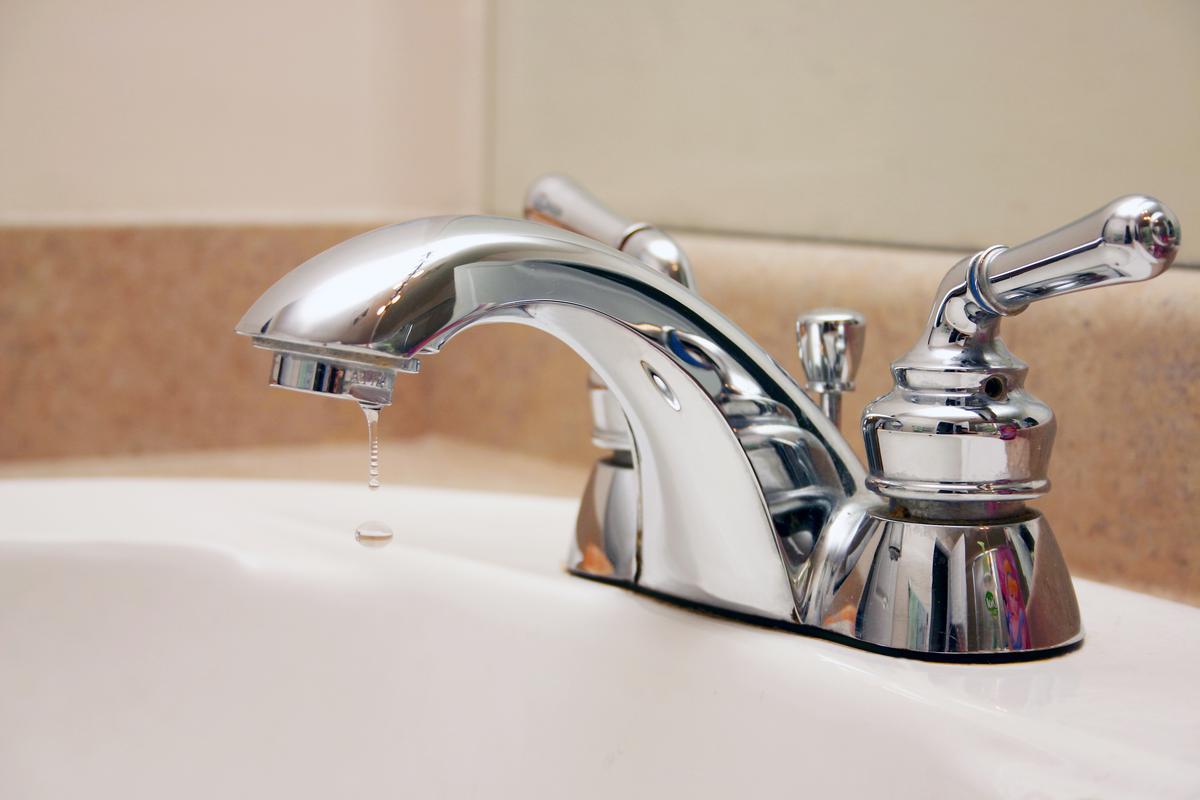




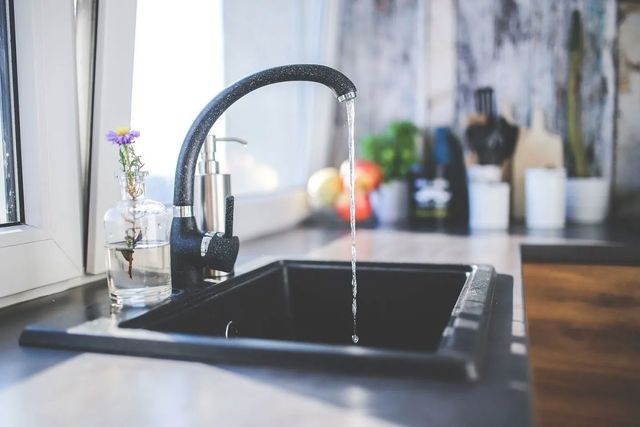
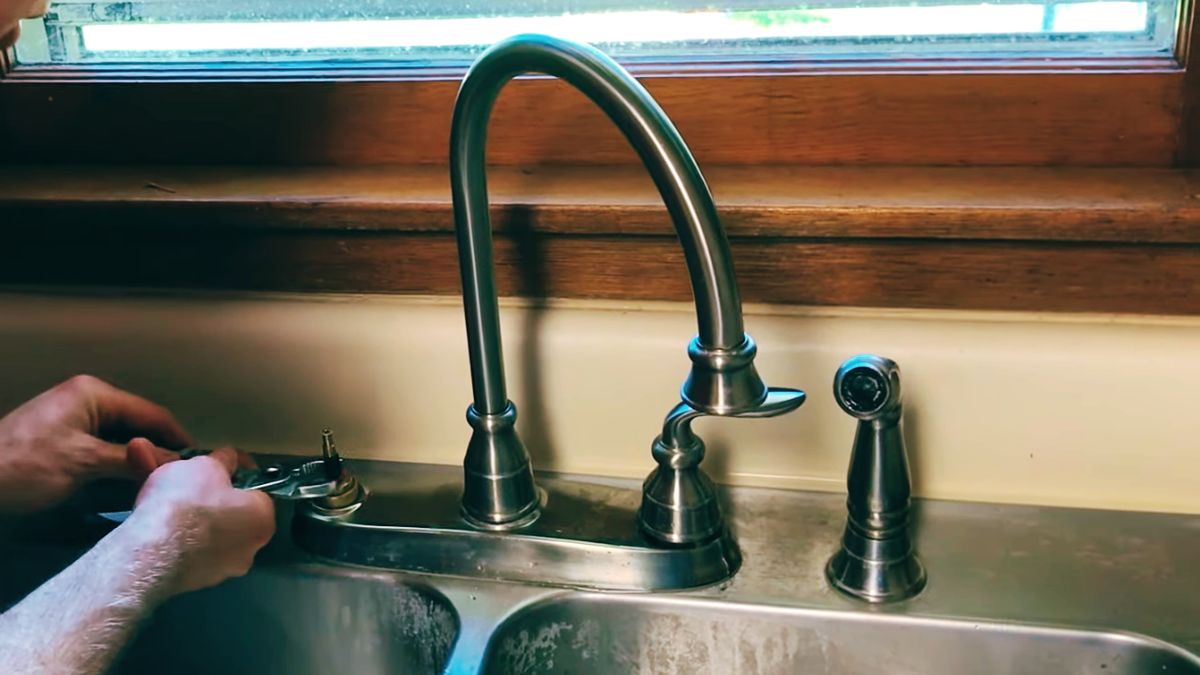



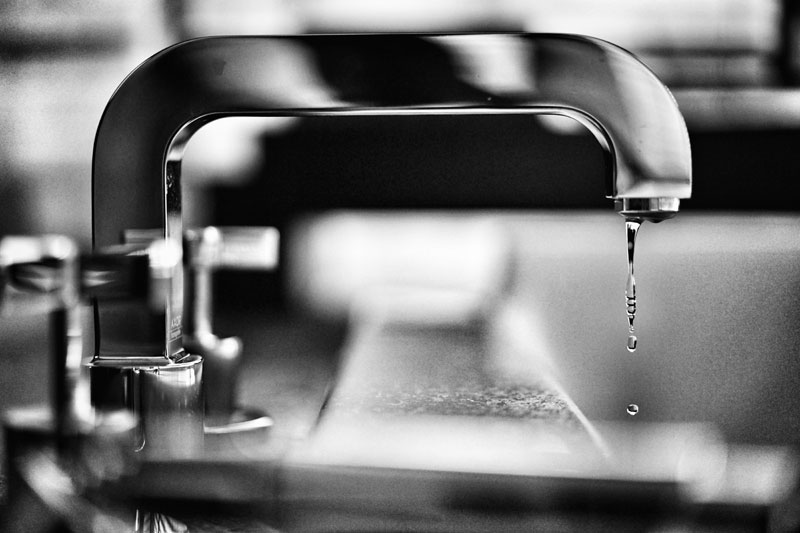



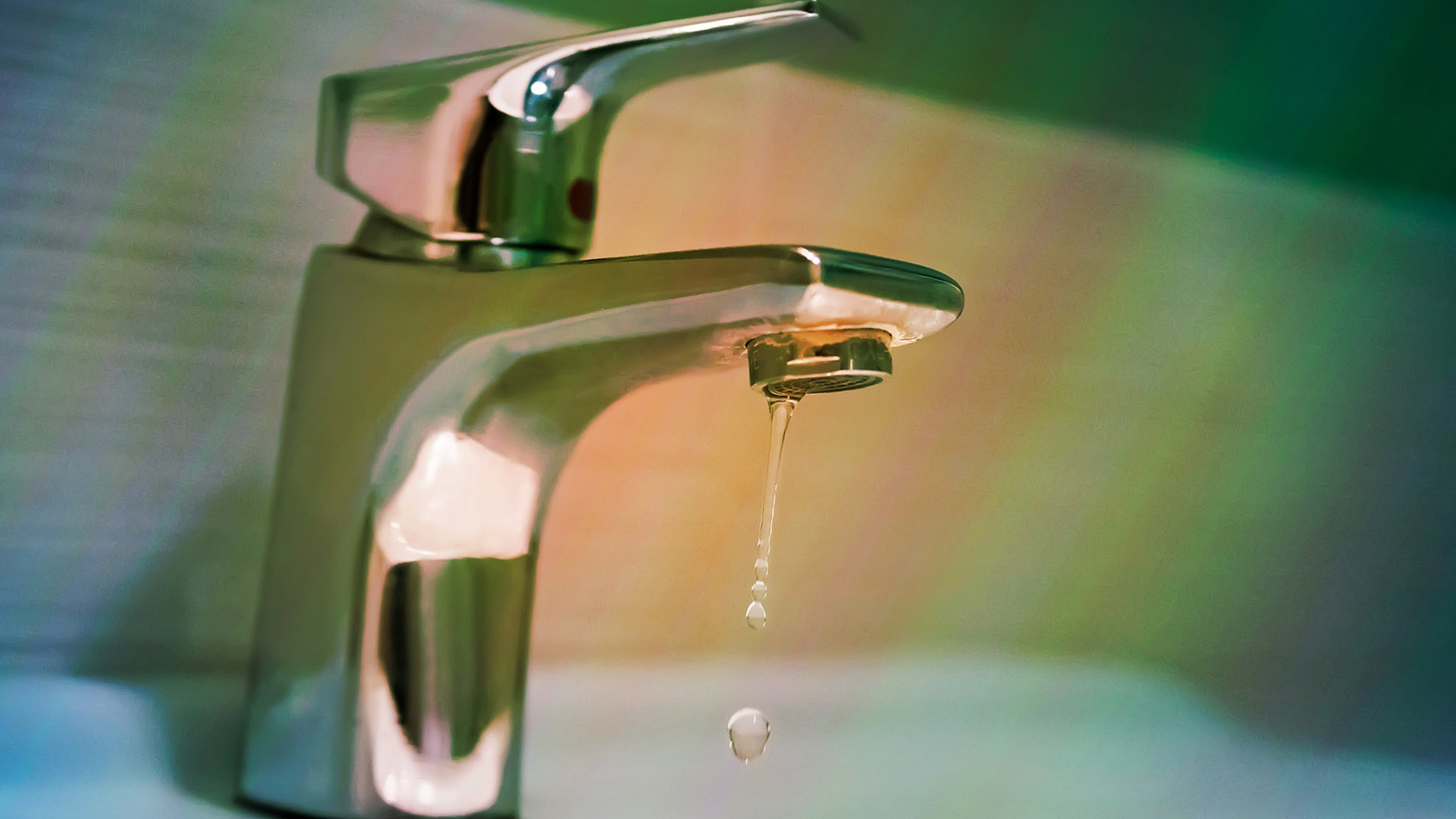
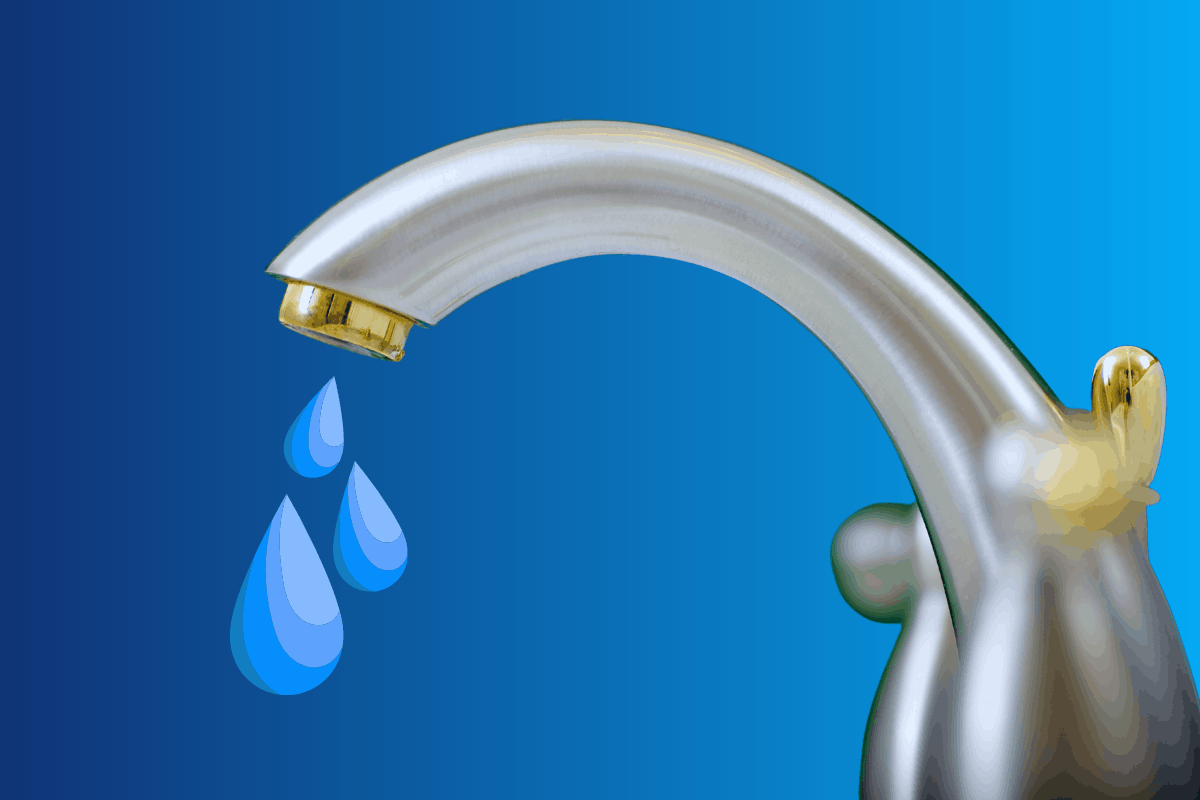




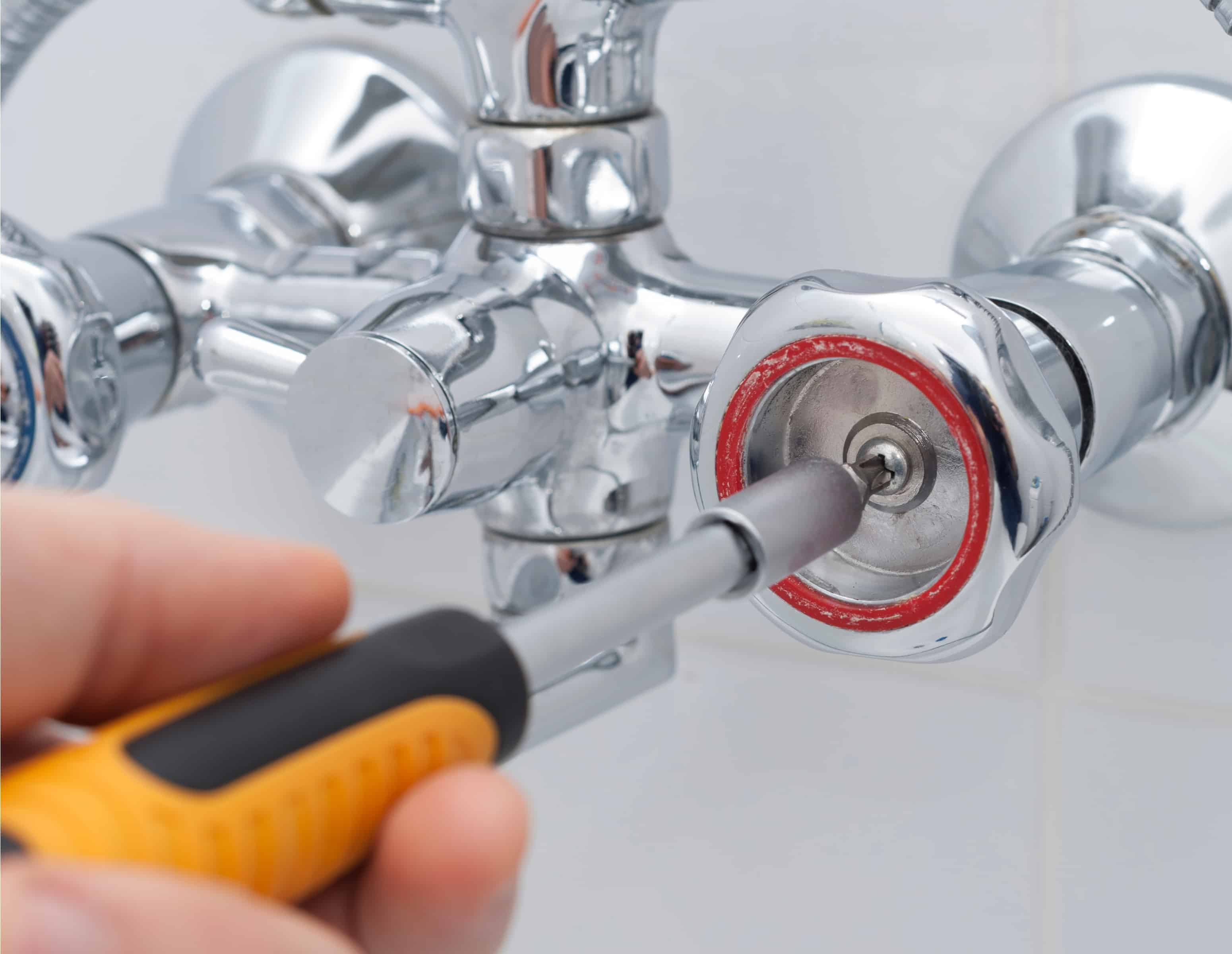
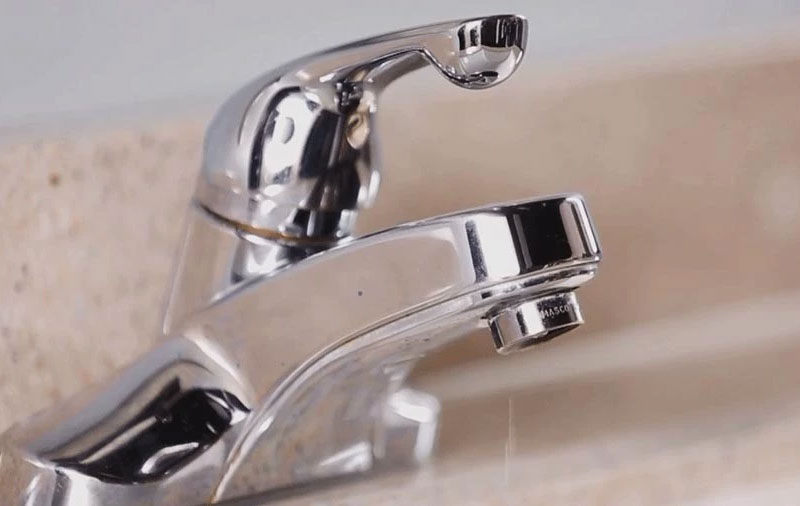
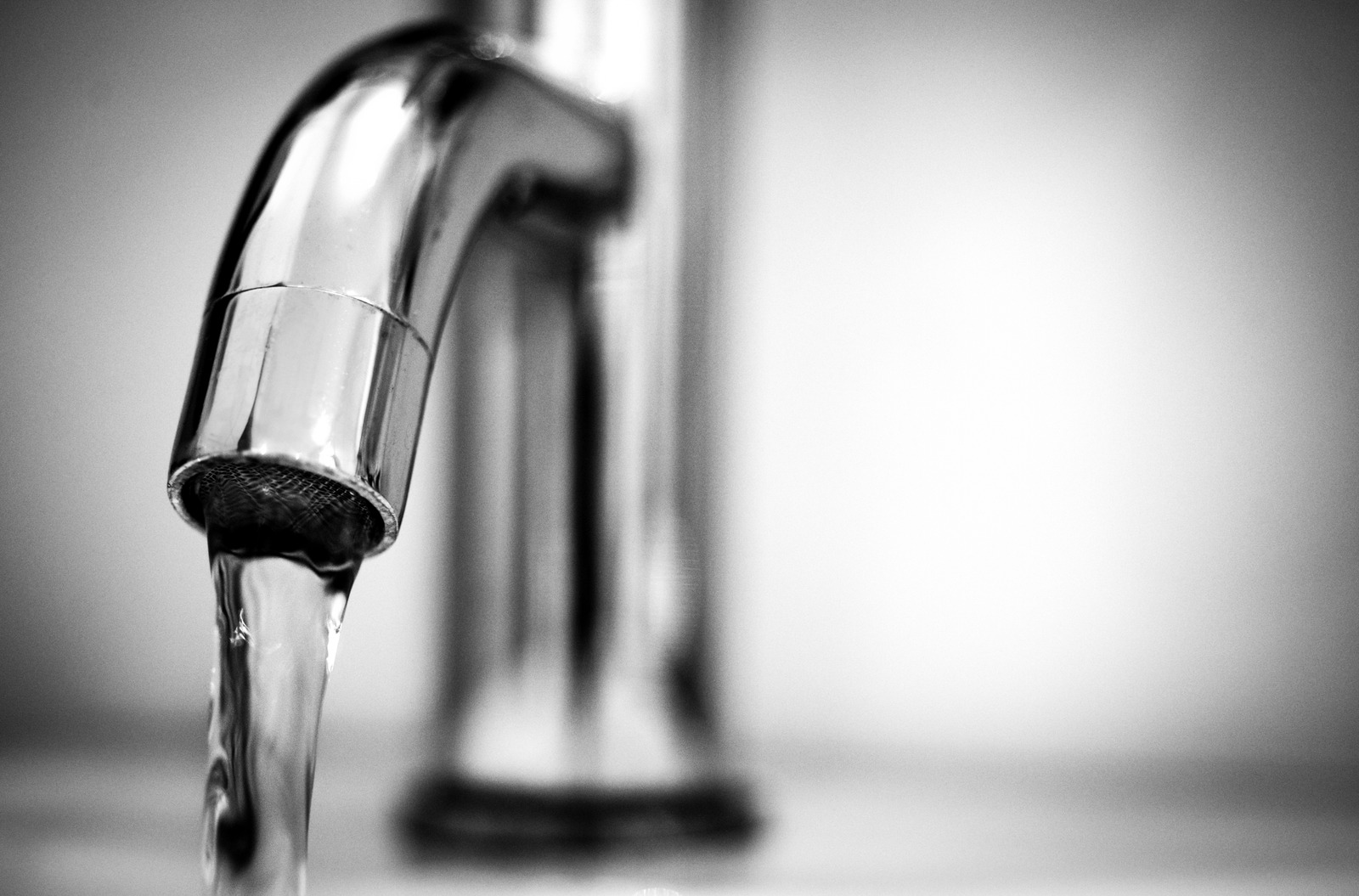
/Bathroomfaucetleak-GettyImages-182691828-59d59e50d088c00010867f1e.jpg)

